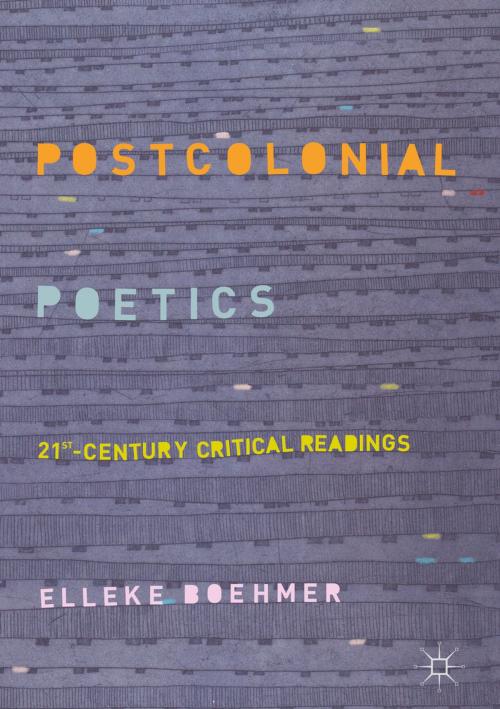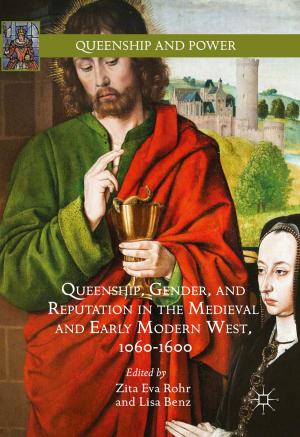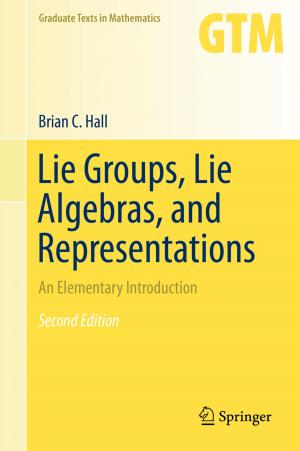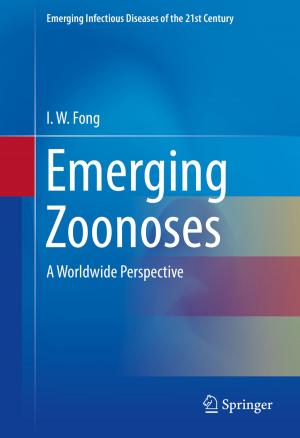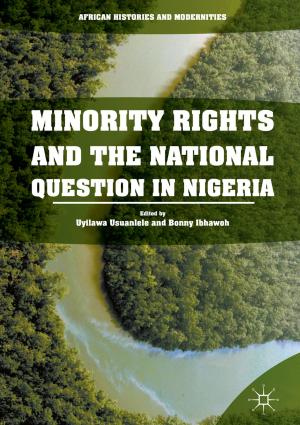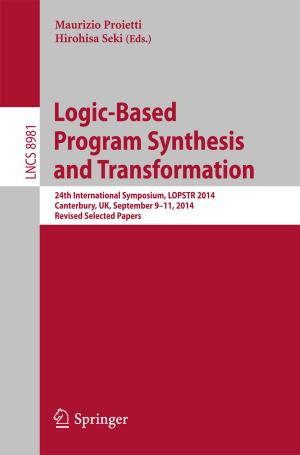Postcolonial Poetics
21st-Century Critical Readings
Fiction & Literature, Literary Theory & Criticism, African| Author: | Elleke Boehmer | ISBN: | 9783319903415 |
| Publisher: | Springer International Publishing | Publication: | June 27, 2018 |
| Imprint: | Palgrave Macmillan | Language: | English |
| Author: | Elleke Boehmer |
| ISBN: | 9783319903415 |
| Publisher: | Springer International Publishing |
| Publication: | June 27, 2018 |
| Imprint: | Palgrave Macmillan |
| Language: | English |
Postcolonial Poetics is about how we read postcolonial and world literatures today, and about how the structures of that writing shape our reading. The book’s eight chapters explore the ways in which postcolonial writing in English from various 21st-century contexts, including southern and West Africa, and Black and Asian Britain, interacts with our imaginative understanding of the world. Throughout, the focus is on reading practices, where reading is taken as an inventive, border-traversing activity, one that postcolonial writing with its interests in margins, intersections, subversions, and crossings specifically encourages. This close, sustained focus on reading, reception, and literariness is an outstanding feature of the study, as is its wide generic range, embracing poetry, essays, and life-writing, as well as fiction. The field-defining scholar Elleke Boehmer holds that literature has the capacity to keep reimagining and refreshing how we understand ourselves in relation to the world and to some of the most pressing questions of our time, including resistance, reconciliation, survival after terror, and migration.
Postcolonial Poetics is about how we read postcolonial and world literatures today, and about how the structures of that writing shape our reading. The book’s eight chapters explore the ways in which postcolonial writing in English from various 21st-century contexts, including southern and West Africa, and Black and Asian Britain, interacts with our imaginative understanding of the world. Throughout, the focus is on reading practices, where reading is taken as an inventive, border-traversing activity, one that postcolonial writing with its interests in margins, intersections, subversions, and crossings specifically encourages. This close, sustained focus on reading, reception, and literariness is an outstanding feature of the study, as is its wide generic range, embracing poetry, essays, and life-writing, as well as fiction. The field-defining scholar Elleke Boehmer holds that literature has the capacity to keep reimagining and refreshing how we understand ourselves in relation to the world and to some of the most pressing questions of our time, including resistance, reconciliation, survival after terror, and migration.
